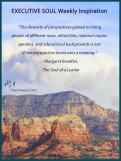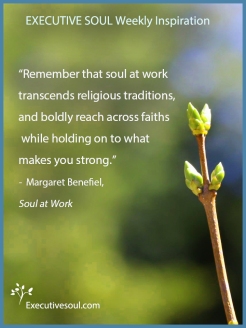
Photo Credit: Per Ola Wiberg via FreeStockPhotos.biz
At this darkest time of the year, both Jews and Christians celebrate holidays of light. Hanukkah, the Festival of Lights, commemorates one of God’s miracles: the long–burning oil that allowed the Jews to rededicate their holy temple in victory over foreign oppressors. Hanukkah celebrates the light of religious freedom after dark oppression.
Christmas also celebrates the triumph of light over darkness: God’s entering the world in Jesus, and the light of Christ overcoming the darkness in the world. Both religions exhort the faithful to remember that the night is darkest just before the dawn, that we must not lose hope but that we must trust the God who has the power to deliver from even the darkest night.
Great spiritual teachers throughout the millennia have taught that any spiritual journey consists of ups and downs, and that sojourners on the spiritual path can experience a personal dark night of the soul. If the faithful persevere, they will discover that the personal dark night, like the historical darkness commemorated by Christianity and Judaism, is darkest just before the dawn, and the breakthrough to the other side is worth the walk through the darkness.
In institutions and societies, as in personal lives, the deepest darkness comes just before the dawn. If an institution or society perseveres, it can experience the great power and light that come with breaking through to the dawn.
At this time of bitter political divisions in the U.S. and around the world, of rising racism, terrorism, and scapegoating of minorities, of environmental degradation, and of wars and genocide, it’s easy to wonder where the light is.
One guide for me in this time of darkness is St. John of the Cross. John describes the personal dark night as a time of necessary self-emptying, not of our choosing. We fill ourselves with knowledge and accomplishments and loves and allow these to define us. Yet growth involves emptying. Constance Fitzgerald summarizes John’s understanding of the process of emptying:
“Only when one becomes aware of the illusory and limiting character of this fullness in the face of the breakdown of what/whom we have staked our lives on, the limitations of our life project and relationships, the irruption of our unclaimed memories, and the shattering of our dreams and meanings, can the depths of hunger and thirst that exist in the human person, the infinite capacity, really be experienced.”
John claims that this deep hunger and thirst, this infinite capacity for love, cannot be fulfilled by our human loves and accomplishments, but only by the transcendent.
Constance Fitzgerald extends John’s work to the societal level. In this time of societal impasse, when it seems that our human attempts to figure out solutions to our overwhelming problems only run us into brick walls and tempt us to cynicism and despair, John, Fitzgerald claims, offers a way forward. Fitzgerald claims that “paradoxically, a situation of no potential is loaded with potential, and impasse become the place for the reconstitution of the intuitive self.”
Fitzgerald believes that the insoluble crises we face are signs of transition in societal development and in the evolution of humanity. These crises provide an invitation for us as a society to empty ourselves of rationally constructed answers that no longer work. The crises invite us to humble ourselves and seek deeper wisdom, wisdom that emerges from letting go, from our collective intuition, from prayer. In the words of II Chronicles 7:14, “If my people humble themselves and pray and seek my face. . .”
Fitzgerald challenges us to bring our societal impasse to prayer. It is only through letting go and seeking God’s perspective and God’s way forward, she claims, that society will be freed, healed, and brought to paradoxical new vision. Only in this way can we be set free for selfless action. “Death is involved here – a dying in order to see how to be and to act on behalf of God in the world.” Dying leads to new life. Out of the darkness comes light.
In this season of darkness, let us respond to the invitation to let go of our egos and preconceived notions, and seek the deeper wisdom that emerges when we become empty. And may our society humble itself, recognizing the limits of human understanding and effort, and seek a way forward guided by the emergent divine.















